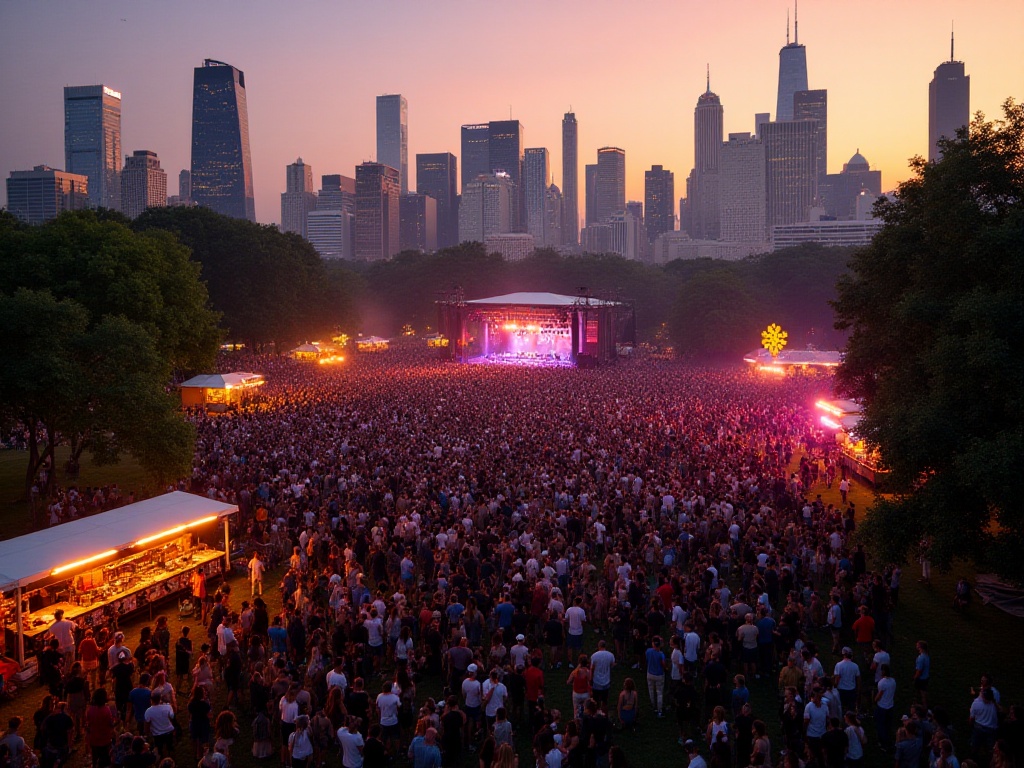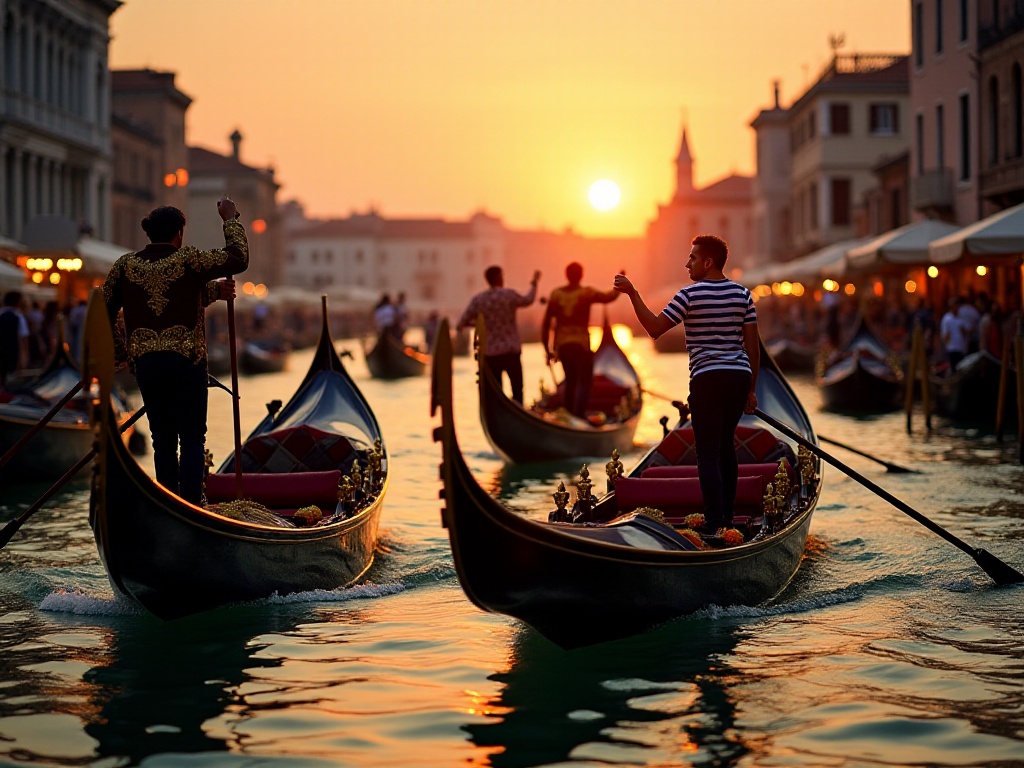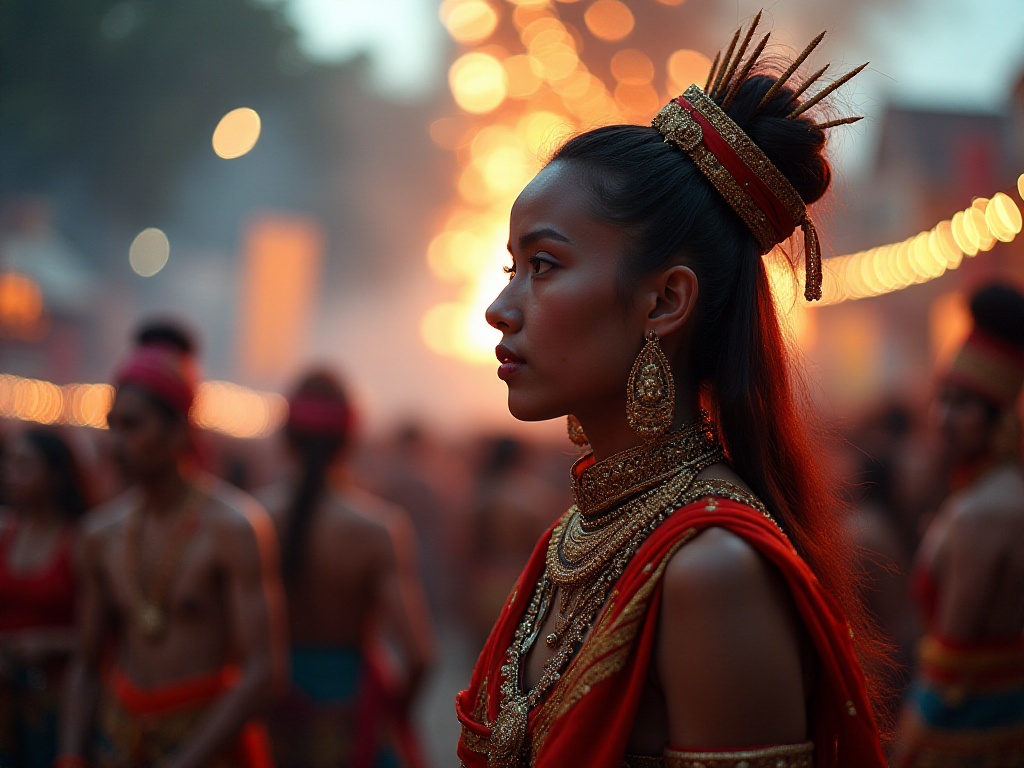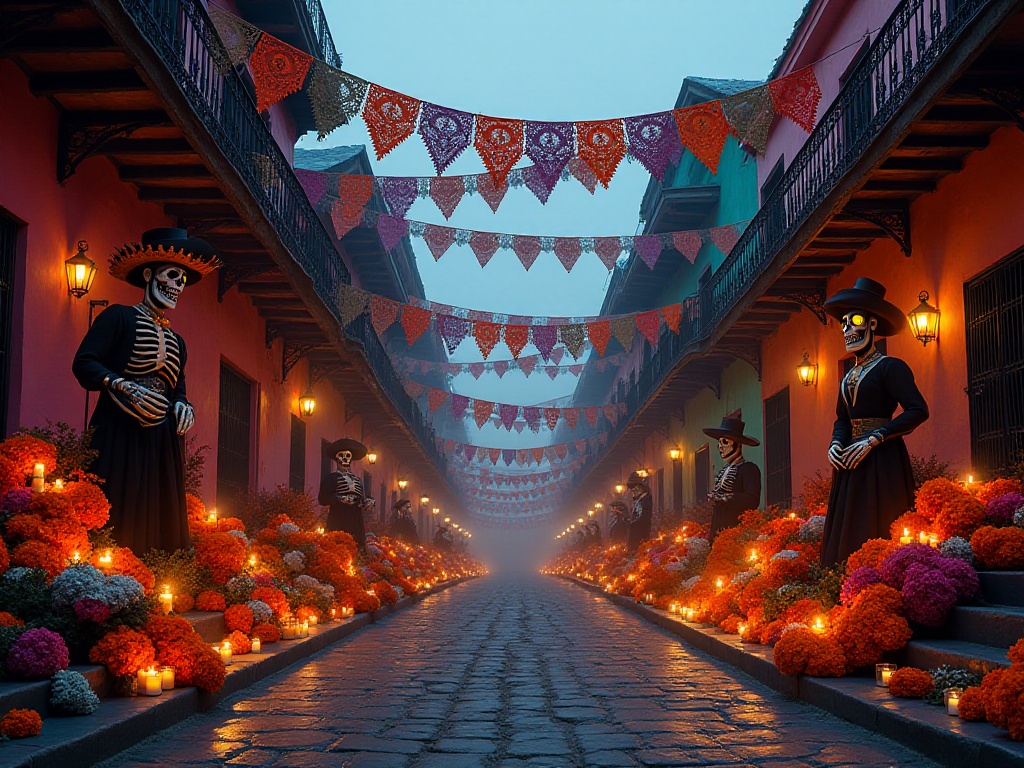Introduction
In the autumn air of Munich, the scent of malt and hops wafts through the streets. The entire city is immersed in a sea of joy, with visitors from around the world gathering to witness this unique celebration. As a seasoned beer enthusiast, I must say that Munich's Oktoberfest is undoubtedly one of the most desirable festival celebrations globally. With over 6 million visitors annually, its appeal is undeniable. Here, you can not only taste the most authentic German beer but also deeply experience Bavaria's unique folk culture.
Origins of Oktoberfest
In Munich's autumn of 1810, golden sunlight bathed the Bavarian land. Young Crown Prince Ludwig was preparing to marry his beloved - Princess Therese of Saxe-Hildburghausen. To make this wedding more meaningful, they decided to invite all Munich citizens to celebrate. On the Theresienwiese, people danced and drank, celebrating this grand royal wedding. Who could have imagined that this romantic wedding celebration would become the beginning of today's largest beer festival in the world.
The love story of Ludwig and Therese, like a rich beer, has fermented over the years, becoming increasingly mellow. The original celebration included horse racing, folk dancing, food tasting, and various other activities. The people's enthusiasm for this celebration touched the royal family, who decided to make it an annual tradition. Thus, a royal wedding celebration evolved into a cultural feast spanning over two centuries.
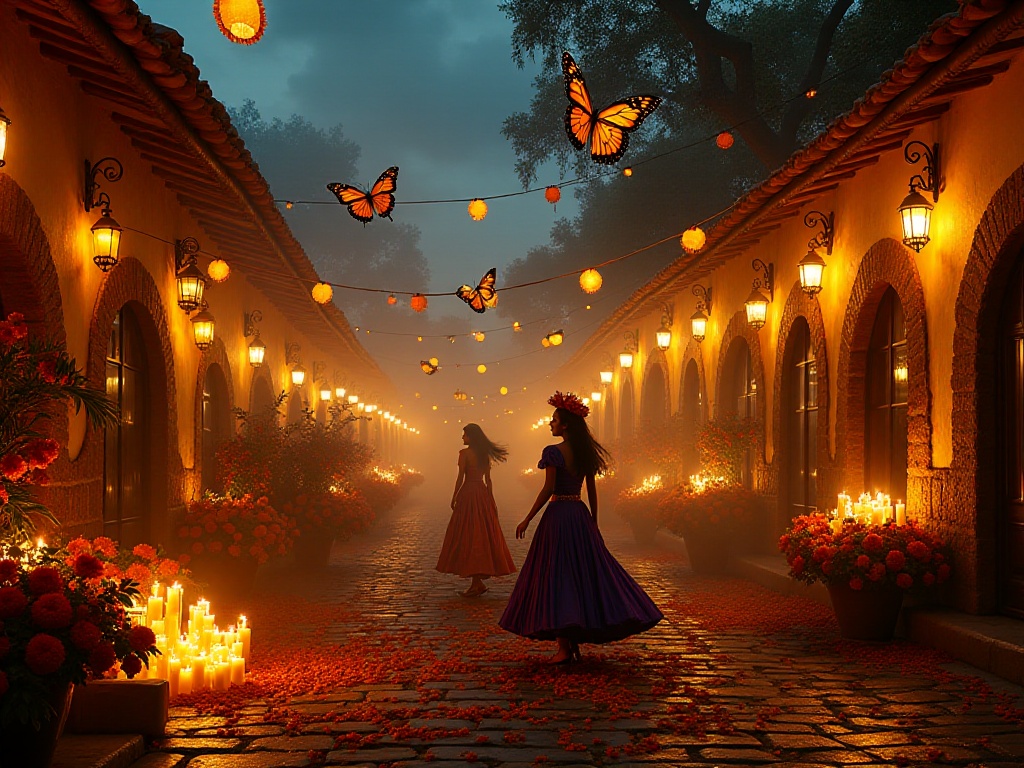
Festival Experience
As a veteran who has attended the beer festival for three consecutive years, I must say that no words can fully capture the impact of being there. Imagine walking into a massive tent that can hold thousands of people, with the air filled with the aroma of beer and roasted meat. Servers in traditional costumes weave through the crowd, each steadily carrying dozens of one-liter beer mugs.
On the central stage, bands play spirited Bavarian folk songs. Following the rhythm, everyone in the tent stands on the long benches, raising their beer mugs and singing in unison. The passionate atmosphere makes it impossible not to join in. I remember my first time there - though I didn't know a word of German, the joyful atmosphere soon had me learning a few catchy German lyrics and singing along with strangers.
Different tents have different characteristics. Some focus on traditional folk songs, while others prefer modern pop music. For example, the Hofbräu tent is known for its lively atmosphere, often filled with young people from around the world celebrating wildly; while the Augustiner tent is more popular with locals, offering the most authentic Munich atmosphere.
Each tent has its unique decorative style. Banners and garlands hang from the ceiling, and walls are covered with traditional Bavarian patterns. Long tables are dressed with checkered tablecloths, with every detail carefully designed to create a rich festive atmosphere. Even if you don't drink, just sitting in the tent and experiencing this atmosphere is unforgettable.
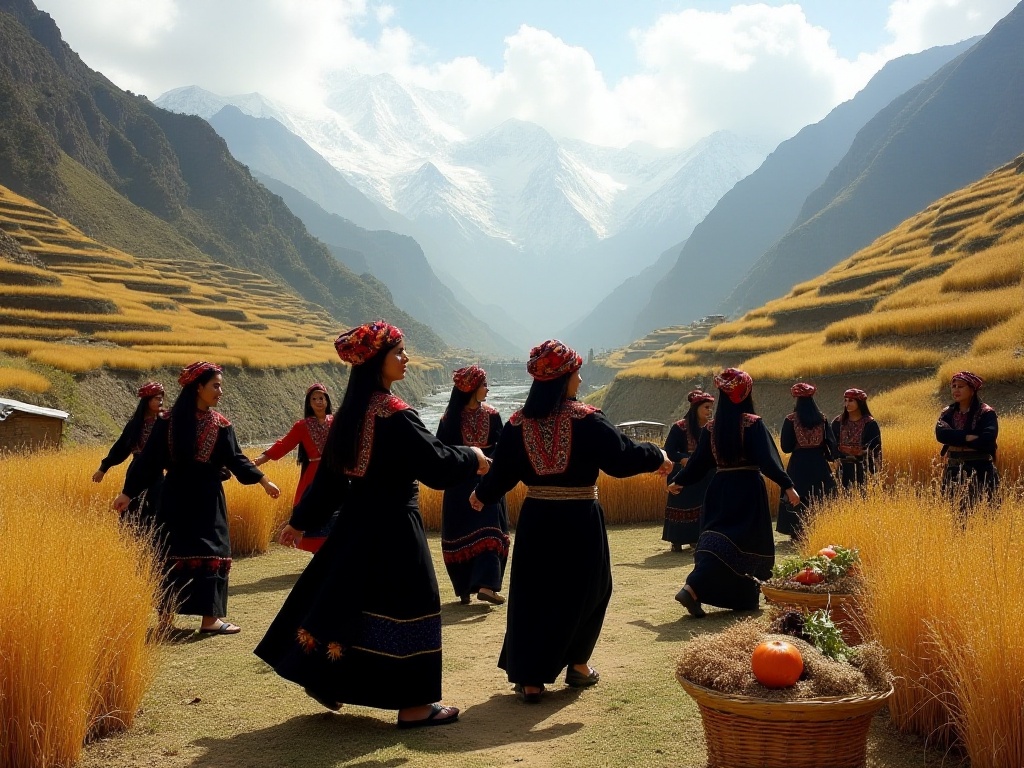
Food Specialties
Speaking of Oktoberfest cuisine, it's truly a food paradise that keeps you coming back for more. First to mention is the traditional roasted pork knuckle. Under the golden crispy skin lies juicy meat, paired with unique beer sauce - every bite is pure happiness. I remember my first taste when a gentleman in traditional Bavarian dress specifically taught me the correct way to eat it: first cut open the skin to let the juices flow, then slowly savor it with special mustard sauce.
German sausages are also not to be missed. Whether it's traditional Nuremberg sausages or white Munich veal sausages, each has its unique texture. Paired with sauerkraut and mashed potatoes, followed by a cold beer, it's simply heavenly. The sausage-making process follows strict traditional standards, making each one like a work of art.
Pretzels are beer's perfect companion. This seemingly simple pastry actually has a rich texture. Crispy on the outside, soft inside, the coarse salt sprinkle makes it perfect for cleansing the palate. Interestingly, locals wear pretzels around their necks, eating as they walk, creating a unique sight at the festival.
Besides these traditional foods, modern Oktoberfest has added many new snacks. For example, fusion-style German wraps combine traditional German sausages in thin pancakes with modern sauces, innovative while maintaining traditional flavors. There are also healthy options like fresh salads and grilled vegetables, catering to visitors with different dietary preferences.
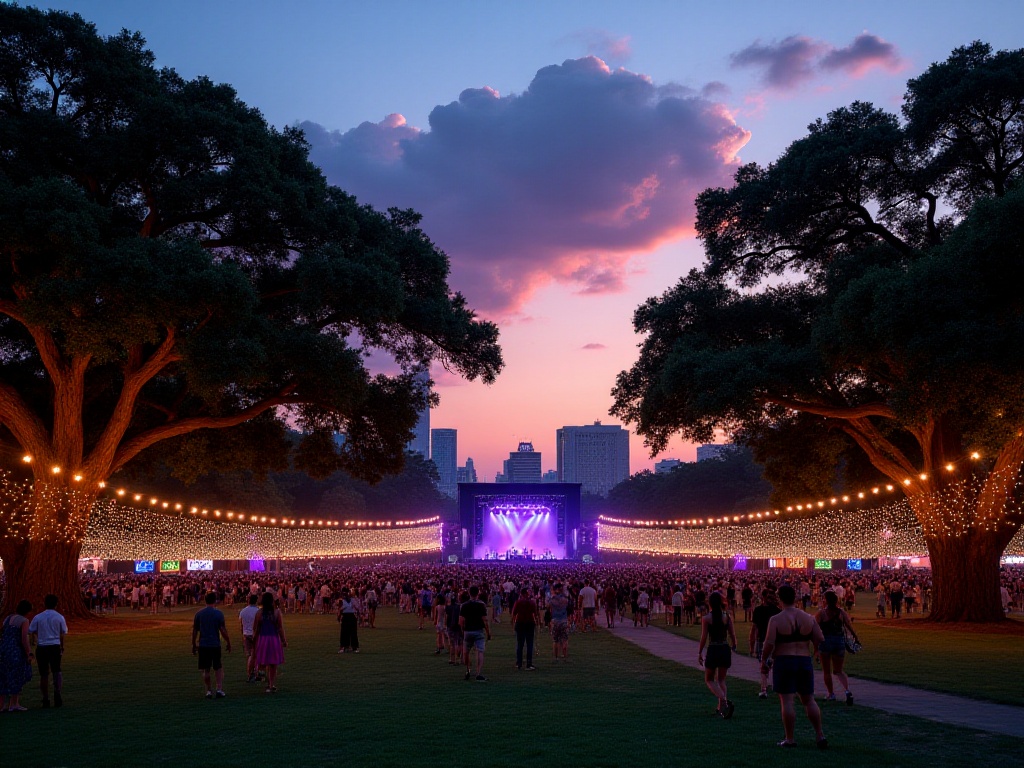
Clothing Culture
At Oktoberfest, attire is not just clothing but a cultural expression. Men's leather pants (Lederhosen) are no ordinary trousers - they're often made from high-quality deerskin, carefully handcrafted to last decades. Traditional Lederhosen are dark brown, paired with white shirts, beautifully patterned suspenders, knee-high socks, and sturdy leather shoes, creating a look that's both vintage and stylish.
Ladies' German dresses (Dirndl) are true works of art. Traditional Dirndl consists of three parts: a fitted white blouse, the dress itself, and an apron. The dress styles and colors have specific meanings, with different regions having their own characteristics. Young girls prefer bright colors and shorter skirts, while mature women favor darker colors and more modest long dresses.
The most interesting aspect of the Dirndl is how the apron bow is tied. A bow on the left indicates single status, suggesting "I'm open to meeting new friends"; tied on the right means married or in a relationship, a subtle "do not disturb" signal; while a bow in the middle indicates an open attitude toward relationships. This interesting convention adds a touch of romance to the festival.
Modern Oktoberfest clothing is evolving with the times. Some designers are combining traditional elements with modern fashion to create new festival attire. For example, adding modern cuts and patterns to traditional Dirndl, or using new materials for Lederhosen. However innovative, they maintain the core characteristics of traditional Bavarian dress.
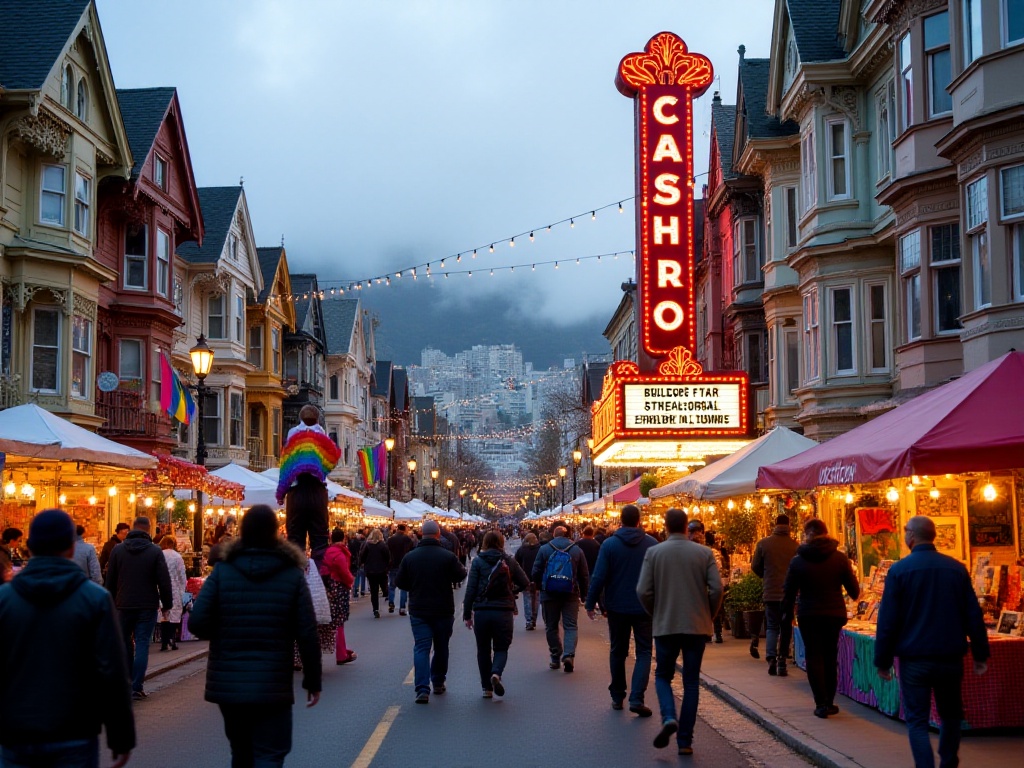
Booking Tips
For a perfect Oktoberfest experience, advance planning is key. From my three years of experience, preparation should begin at least six months ahead. First is tent reservation - popular tents are often fully booked months before the festival. It's recommended to book through official websites or reliable travel agencies to avoid scalped tickets.
Accommodation is another important consideration. Munich hotel prices surge significantly during the festival, and rooms are scarce. I recommend choosing accommodation near subway stations in the city center, making it convenient for both traveling to the venue and exploring the city. I learned this the hard way in my first year, staying at a suburban hotel that required nearly two hours of daily commuting, seriously affecting the experience.
Regarding transportation, Munich's public transit system is very developed. I recommend buying multi-day passes for unlimited use of subway, bus, and other public transportation. Special routes to the venue operate during the festival. However, note that it gets very crowded during late-night departure times, so it's better to travel during off-peak hours.
For timing, I suggest reserving at least 3-4 days. The first day for adjusting to jet lag and familiarizing yourself with the environment; the second day to start officially participating in Oktoberfest; and the last day for relaxed city exploration. If time permits, you can also arrange visits to surrounding attractions like Neuschwanstein Castle and Lake Königssee.
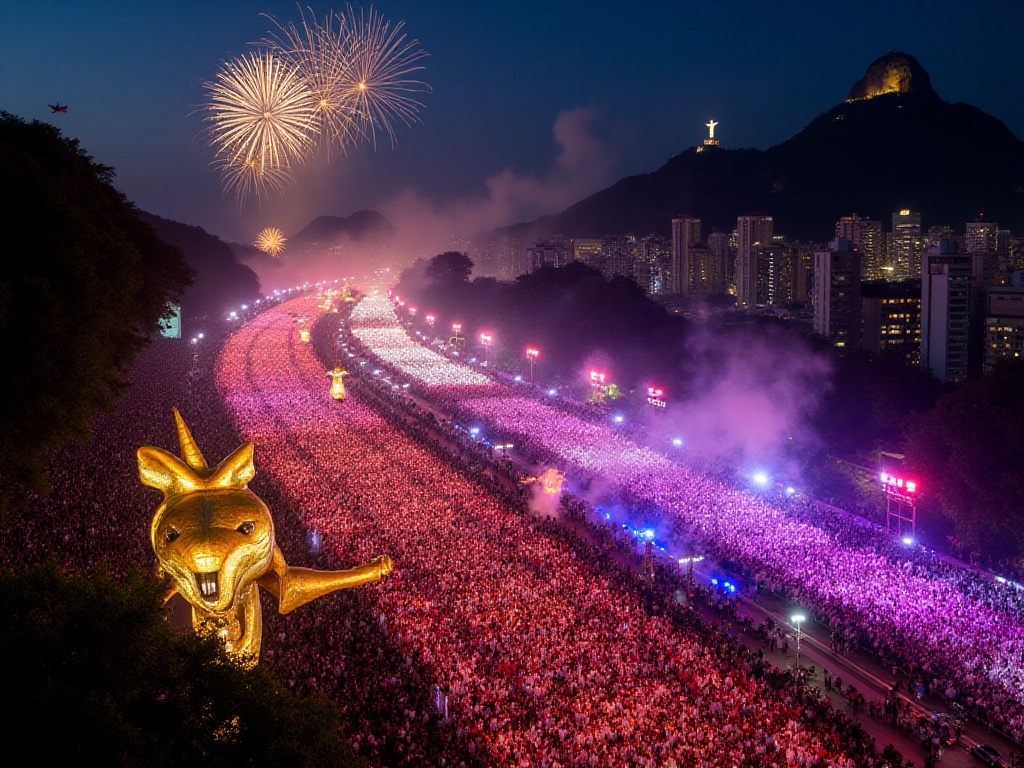
Cultural Impact
Munich Oktoberfest's influence has transcended geographical boundaries to become an important platform for global cultural exchange. Similar events can be found worldwide. In China, for example, not only do traditional beer cities like Qingdao and Dalian host beer festivals, but inland cities have also begun organizing similar events. Statistics show that over 20 Chinese cities hold beer festivals annually.
However, these imitation festivals still significantly differ from the Munich original. The true Munich Oktoberfest is not just a drinking celebration but a platform showcasing traditional Bavarian culture. From costumes to music, from food to crafts, every detail contains deep cultural significance.
The festival has also promoted German beer culture globally. More people are beginning to understand and appreciate German beer brewing craftsmanship and drinking culture. Germany's strict beer purity law (Reinheitsgebot) has become synonymous with beer quality, influencing global beer industry development.
Commercially, Oktoberfest drives economic development in Munich and the entire Bavarian region. During the festival, hotels, restaurants, retail, and other industries experience peak season. Estimates suggest Oktoberfest brings over 1 billion euros in economic benefits to Munich annually. More importantly, it creates numerous employment opportunities for local residents, promoting sustainable social development.
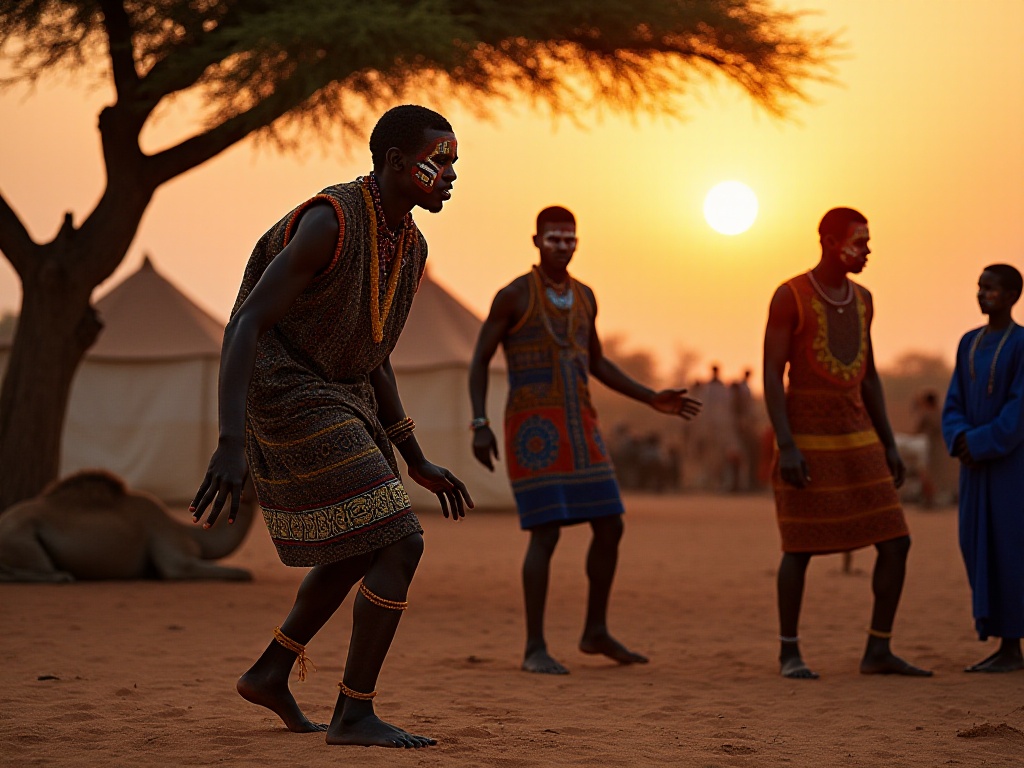
Future Outlook
As times change, Oktoberfest continues to innovate. In recent years, environmental concepts have been increasingly integrated into festival organization. Now over 90% of festival waste can be recycled, an impressive figure. Organizers are actively promoting biodegradable materials and reducing single-use plastics.
Regarding food, Oktoberfest keeps pace with the times. Besides traditional meat dishes, more vegetarian options are now available. Some tents even offer specialized vegetarian menus to meet different dietary needs. Beer varieties are also expanding, with craft beers now available alongside traditional lagers.
Technology application has made Oktoberfest more convenient. Through mobile apps, visitors can check real-time crowd levels in different tents, reserve seats, and even pay online. These innovations not only improve visitor experience but also increase festival management efficiency.
Future Oktoberfest may become more international. Organizers are considering adding multilingual services to help visitors from around the world better integrate into the festival atmosphere. They're also considering how to incorporate more modern elements while maintaining traditional characteristics, bringing new vitality to this 200-year-old festival.
Conclusion
Munich Oktoberfest's success lies in perfectly balancing tradition and innovation. It maintains Bavaria's unique cultural traditions while constantly adapting to modern society's needs. For those wanting to experience it, there's not only rich beer but also strong cultural atmosphere. Whether you want to taste authentic German beer, deeply experience Bavarian culture, or feel the bustling festival atmosphere, Munich Oktoberfest can meet your expectations. This celebration, which began as a royal wedding, has developed into an important window showcasing German culture, allowing people worldwide to understand and fall in love with this charming land through the medium of beer.




